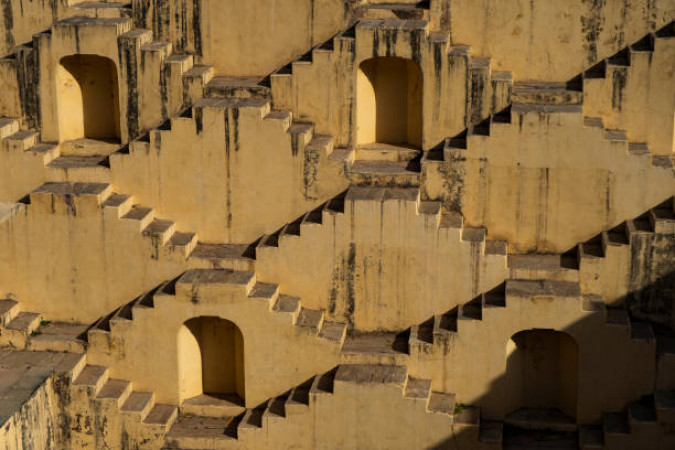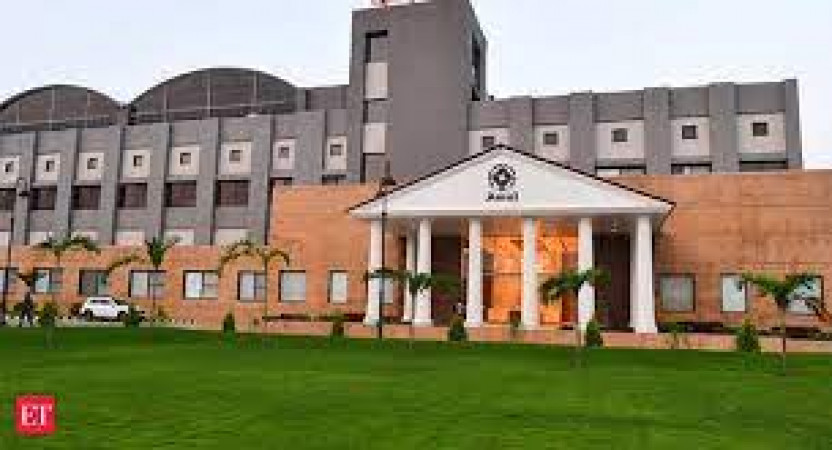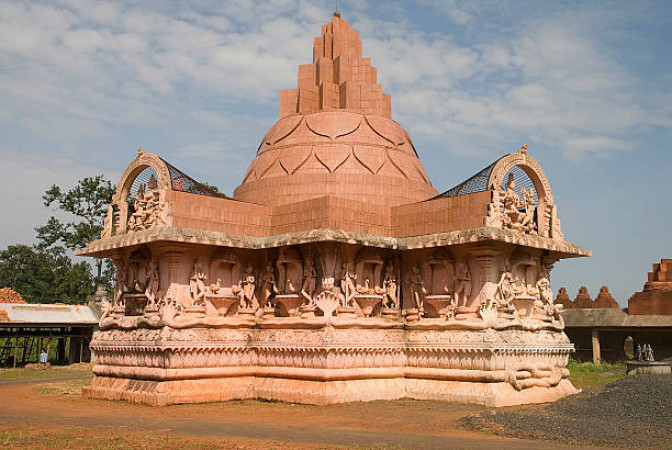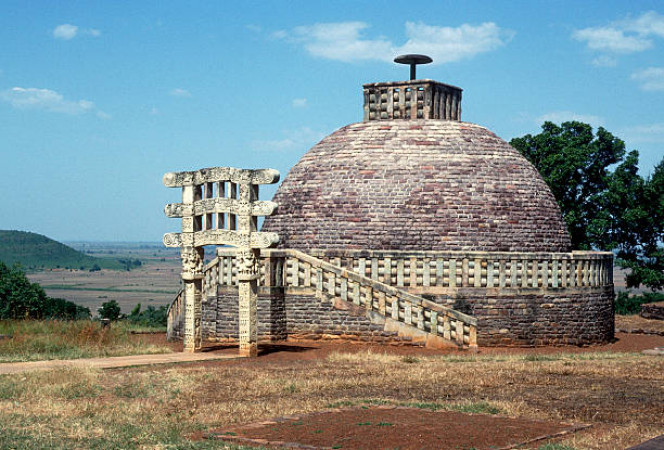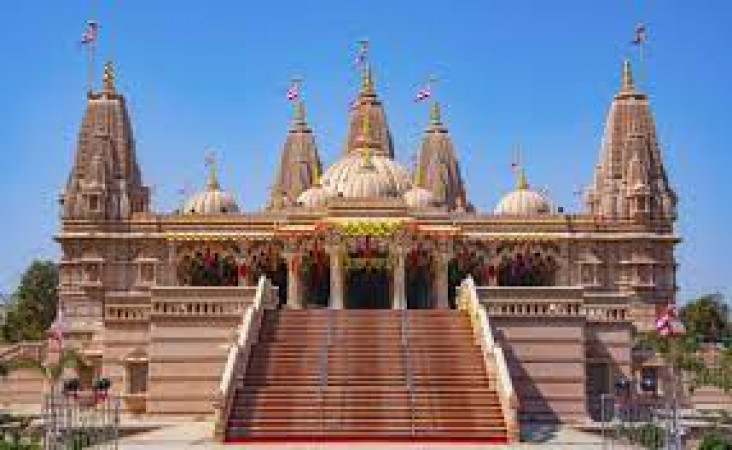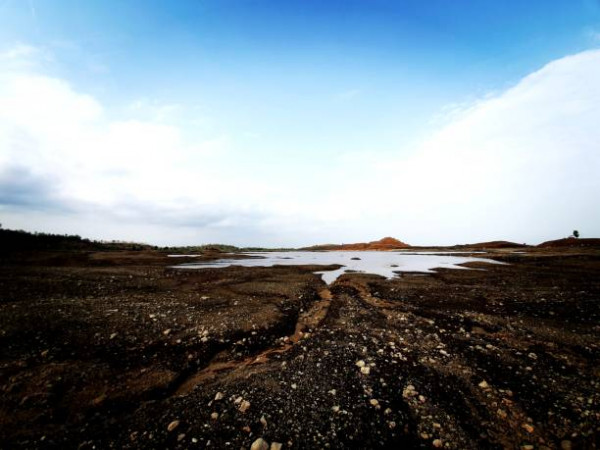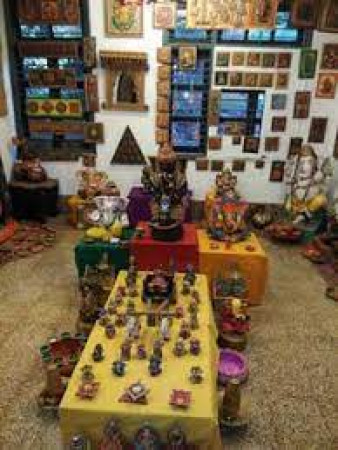Panna Travel Guide
Panna, located in the heart of India, is a city known for its rich history, stunning geography, and vibrant culture. This beautiful destination is famous for its magnificent temples, wildlife sanctuaries, and diamond mines, making it a must-visit for travelers seeking a unique and authentic Indian experience.Top Attractions in Panna
- Panna National Park
- Pandav Falls
- Khajuraho Temples
- Diamond Mines
- Baldeoji Temple
Panna is Famous for
Diamond MinesTop Attractions in Panna
- Explore the wildlife at Panna National Park
- Witness the beauty of Pandav Falls
- Discover the intricate carvings at Khajuraho Temples
- Visit the historic Diamond Mines
- Seek blessings at Baldeoji Temple
What's Great about Travelling to Panna?
- Experience the rich history and culture of India
- Enjoy the natural beauty of Panna National Park
- Explore the unique diamond mines
What's Not So Great about Travelling to Panna?
- Limited nightlife options
- Limited shopping opportunities
- Language barrier for non-Hindi speakers
Travel Tips for Panna
- Carry cash as credit cards may not be widely accepted
- Respect local customs and traditions
- Stay hydrated and use sunscreen
Important Panna trip information
- Ideal Duration: 3-4 days
- Best Time to Visit: November to March
- Nearby Airports and Railway Stations: Khajuraho Airport and Khajuraho Railway Station
Top 8 Places to visit in Panna
FAQ's on Panna
Q1: What is the best time to visit Panna?
The best time to visit Panna is during the winter months from October to March when the weather is pleasant and ideal for exploring the national parks and wildlife sanctuaries. This period also coincides with the peak tourist season when wildlife sightings are more frequent.
Q2: Do I need a visa to travel to Panna?
Tourists visiting Panna need a valid Indian tourist visa. However, travelers from certain countries may be eligible for an e-Visa or visa on arrival. It is advisable to check the latest visa requirements before planning your trip to Panna.
Q3: What are the must-visit attractions in Panna?
Some of the must-visit attractions in Panna include Panna National Park, Pandav Falls, Mahamati Prannathji Temple, and Rajgarh Palace. Wildlife enthusiasts can enjoy safaris in the national park to spot tigers, leopards, and various bird species.
Q4: Is Panna a safe place to travel?
Panna is generally a safe destination for travelers. It is advisable to take standard precautions like avoiding isolated areas at night and safeguarding your belongings. It is recommended to follow local guidelines and stay updated on any travel advisories.
Q5: What is the local currency in Panna and can I use credit cards?
The local currency in Panna is the Indian Rupee (INR). While credit cards are accepted in major hotels, restaurants, and shops in urban areas, it is advisable to carry cash for transactions in remote areas. ATMs are available in towns for cash withdrawals.
Q6: What is the local cuisine like in Panna?
Panna offers a variety of local delicacies like kebabs, biryanis, and traditional sweets. Vegetarian dishes like dal bafla and poha are popular. Visitors can also savor street food such as chaat and samosas. Be sure to try the local specialty, bhutte ki kees, made from grated corn.
Q7: What transportation options are available in Panna?
Transportation options in Panna include buses, taxis, and auto-rickshaws for local travel. Rental cars are available for self-drive or with a driver. Private tour operators offer guided tours to major attractions. It is recommended to book transportation in advance for a hassle-free experience.
Q8: Are there any cultural norms or etiquette I should be aware of when visiting Panna?
When visiting Panna, it is important to respect local customs and traditions. Dress modestly, especially when visiting religious sites. Greeting people with "Namaste" is appreciated. Avoid public displays of affection and always seek permission before taking photographs of locals. It is customary to remove your shoes before entering temples or homes.
Q9: I am a travel agent. How can I buy travel leads of Panna?
Register yourself as a travel agent at agents.tripclap.com and then you can buy travel leads to Panna once your account is approved. For more details contact our support team at +91-8069186564 or support@tripclap.com
